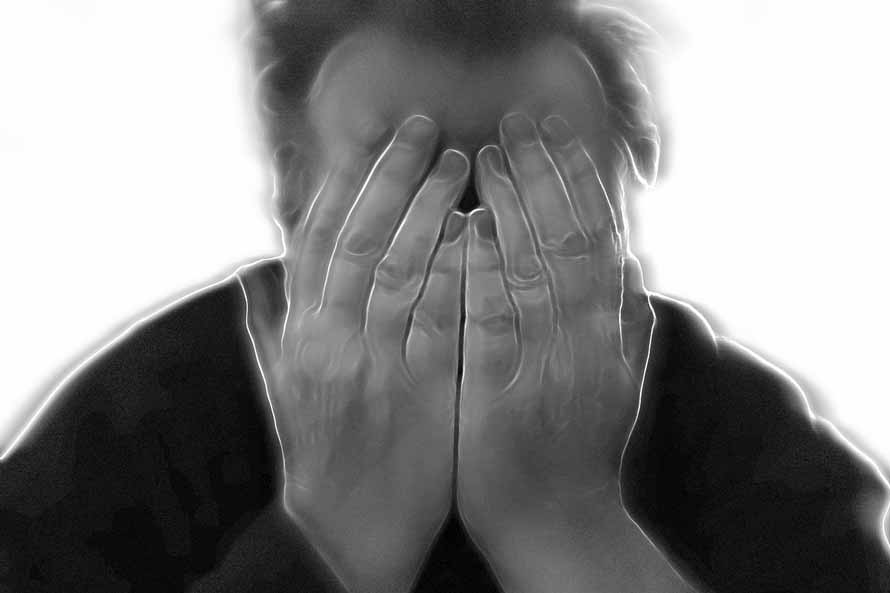Chronic low back pain and depression are two of the most common health problems that health professionals encounter, yet only a handful of studies have investigated the relationship between these conditions in the general population. Major depression is thought to be four times greater in people with chronic back pain than in the general population.
In research studies 62% of patients seeking treatment at pain clinics for chronic low back pain showed signs of depression. It was also found that the combination of chronic back pain and depression was associated with greater disability than either depression or chronic back pain alone.
Depression is more commonly seen in patients with chronic back pain problems than in patients with pain that is of an acute, short-term nature. How does depression develop in these cases? This can be understood by looking at the host of symptoms often experienced by the person with chronic back pain or other spine-related pain.
The pain often makes it difficult to sleep, leading to fatigue and irritability during the day. Then, during the day, because patients with back pain have difficulty with most movement they often move slowly and carefully, spending most of their time at home away from others. This leads to social isolation and a lack of enjoyable activities.
Due to the inability to work, there may also be financial difficulties that begin to impact the entire family. Beyond the pain itself, there may be gastrointestinal distress caused by anti-inflammatory medication and a general feeling of mental dullness from the pain medications. The pain is distracting, leading to memory and concentration difficulties. Understandably, these symptoms accompanying chronic back pain or neck pain may lead to feelings of despair, hopelessness and other symptoms of a major depression or clinical depression.
A recent study investigated the family consequences of chronic back pain. Patients reported a wide range of limitations on family and social roles including: physical limitations that hampered patients’ ability to do household chores, take care of the children, and engage in leisure activities with their spouses. Spouses and children often took over family responsibilities once carried out by the individual with back pain. These changes in the family often led to depression and anger among the back pain patients and to stress and strain in family relationships.
Several psychological theories about the development of depression in chronic back pain patients focus on the issue of control. Chronic back pain can lead to a diminished ability to engage in a variety of activities such as work, recreational pursuits, and interaction with family members and friends. This situation leads to a downward physical and emotional spiral that has been termed physical and mental deconditioning. As the spiral continues, the person with chronic back pain feels more and more loss of control over his or her life. The individual ultimately feels totally controlled by the pain, leading to major depression.
We have been successfully treating chronic back and neck pain for over 30 years with 98.75% patient satisfaction. To verify if you may be a candidate for the patented, precision Bonati Spine Procedures, complete our online form.

